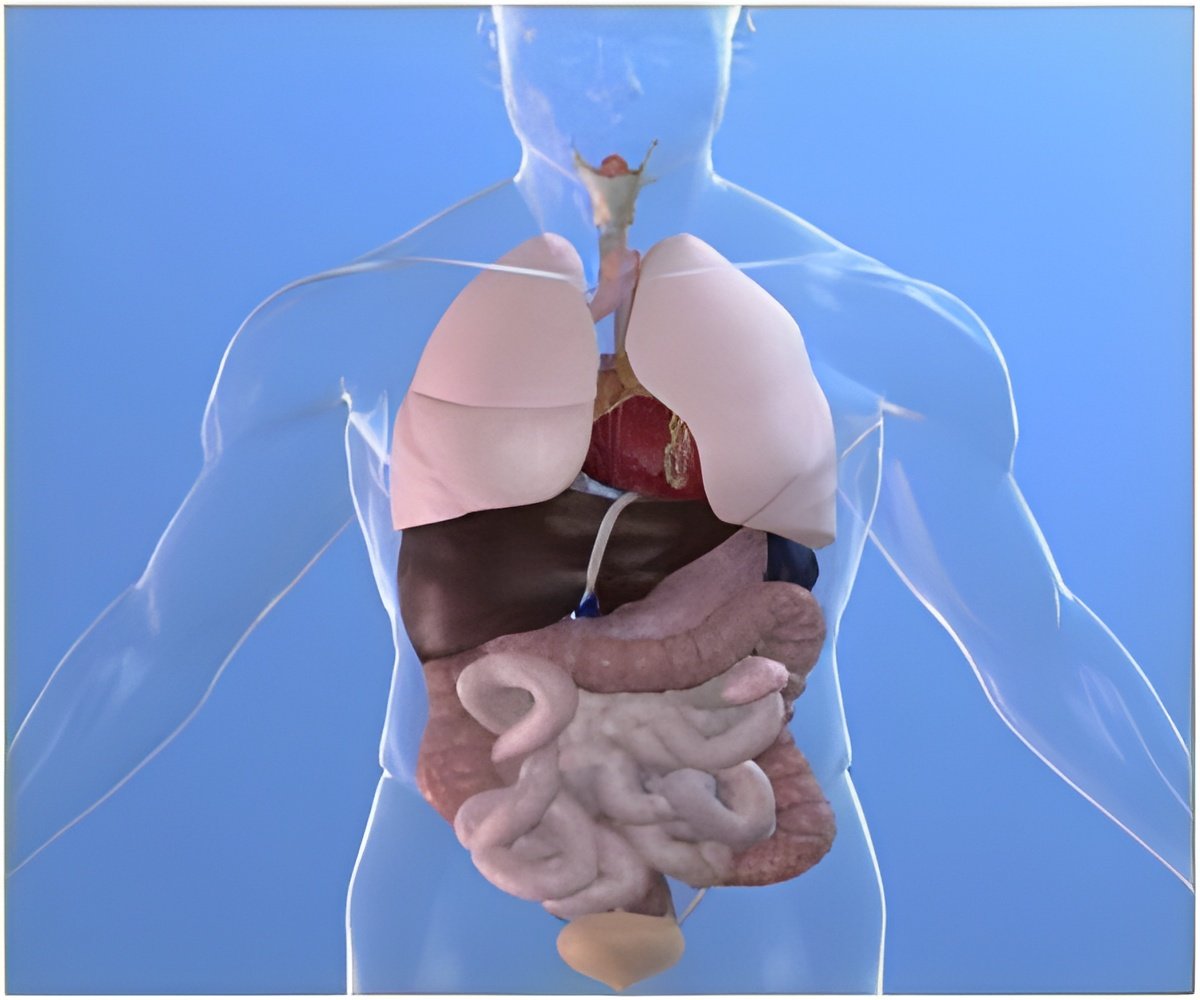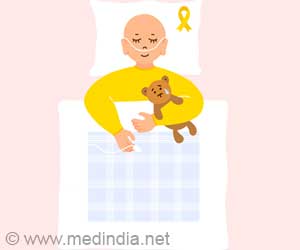Chinese authorities have drafted new rules to dissuade erring doctors and hospitals involved in human organ trade. They are based on criticisms that the organs are being sourced

Under the new regulation, hospitals will be barred for a period of three years and officials will be fired from their posts, if found guilty. The license of the offending doctors will be revoked. The penalty fee will be raised to ten times the potential profit. The new move by the state council attempts to standardize transplant surgery procedures besides regulating the organ barter system.
US –based group Human Right Watch is skeptical about the effectiveness of the new laws. It believes that the laws do not address the issue related to the origin of the organs but attempts to regularize the transplant system. Under the new laws, organs cannot be taken from donors who are below the age of 18 years. It also requires that hospitals where transplants occur need to be registered. The government also hopes to redefine the notion of 'brain death'.
Of late, China is one of the favored destinations for the 'transplant tourists' who are unable to avail of a life- saving organ back in their own countries, due to the stringent laws. China is second only to the USA, with a whopping estimate of 10,000 transplants being done annually. Most of these are carried out on domestic patients. There are however several ethical issues involved. There is a lot of pressure on the hospitals to generate a profit, which prompts them to adopt unscrupulous methods. Money is the prime focus and those with money, especially wealthy foreigners, are often able to jump the 'Q' to avail the coveted organ. Several business centers have opened in China to indulge the 'needy'. Some of these centers charge a minimum of $50,000 for a kidney transplant and upto $120,000 for a heart or liver transplant.
Earlier the Amnesty international had exposed the organ trade that was carried out in China. According to them it is estimated that 99 % of transplant organs came from executed prisoners. The government lacks transparency and hides the number of the prisoners who are subjected to execution. It is widely known that 75% of the world's executions take place in China. According to Amnesty, the toll in 2005 alone was greater than 1770.The actual figure, in all probability, may be significantly higher.
Although the government refutes the charges and asserts that the organs are obtained from the prisoners with their consent, a lot of convincing is required to impress the international community. With money being the incentive, coercion and torture is a convenient tool in the hands of a doddering judiciary. The man on the street is accused and sentenced to death for trivial reasons. Members of the banned spiritual organization, Falun Gong are taken into custody and confined in concentration camps until the 'requests' for their organs get finalized. These incidents have been corroborated by former Canadian Secretary of State for the Asia-Pacific region, David Kilgour and by the human rights lawyer, David Mater. The latter has even implicated the People's Liberation Army Hospital in the transplant business.
If real changes are desired there is a need to revamp the judiciary by questioning the ridiculously high number of death penalties, which appears to be correlated with the need to maintain law and order. It does raise the suspicion that these executions are carried out to fulfill a greater need –that of meeting the ever-growing organ demand. These new laws seemed to have been framed out of a necessity to show- case Beijing as being part of the civilized world, rather than to mend an aberration that has been worming its way into the fabric of modern Chinese society. Unless the learned people of China come forth to 'cleanse' the country, there is very little chance that these laws will seep through to the grass root level to benefit the common man!





